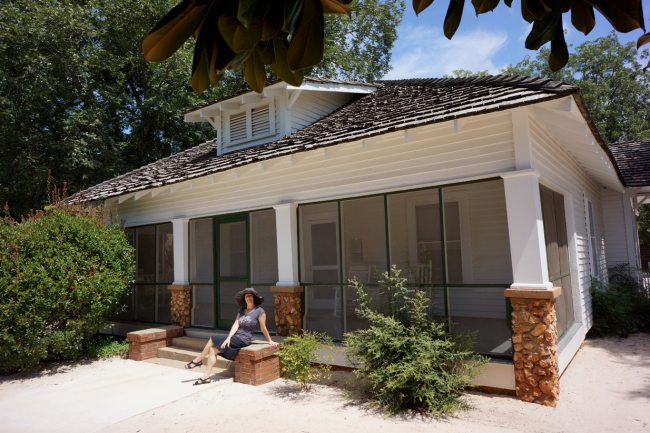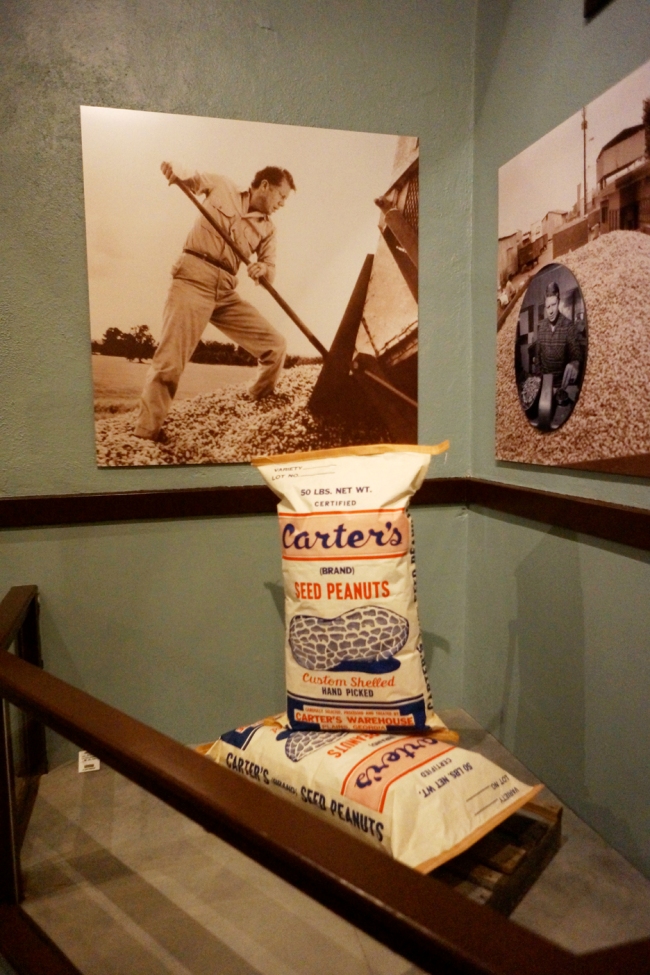racism
My Naked Truth
In less than a month, my deepest darkest secrets will be revealed at the launch of my memoir “The Other Mother” – well almost all of them. I couldn’t find a way, or maybe didn’t have the guts, to fit in my most embarrassing secret. Jimmy Carter, back when he was president, saw me naked.
Now I’m not saying I was the instigator of his famous admission “ I had lust in my heart.” I was only eleven. And he probably only saw my skinny naked arms clutching my flat bare chest, as I stood hip deep in a glacial lake in Montana. But when you’re eleven, and the President, First Lady and daughter Amy, ride up on horseback to the spot where you’re skinny dipping – the event takes on monumental implications. I cried for days. And just when I was convinced he had forgotten it, my grandmother got flown to DC to interview for a cabinet position. She might have been his secretary of labor if Ronald Reagan hadn’t gotten in the way. She brought back an official photo, and told him the whole story while he signed it. It took about thirty years to forgive her, which I did when I finally visited Plains, Georgia.
President Carter has always been my grandmother Nellie’s personal hero, so it was about time that I really tried to understand why. Besides the seeing-me-naked problem I had with Carter, I was also a rhythmic gymnast on the cusp of the Olympics when he decided to boycott the games. Afghanistan didn’t come close to seeming like a good reason at the time.
But as I stood in the living room of his boyhood farm, it made perfect sense. There is a 1930’s era radio cabinet right under the farmhouse living room window that looks out over a grove of pecan trees. Jimmy Carter’s voice narrates a long-ago event. It was the second heavyweight boxing match between Joe Louis and Max Schmeling. Young Jimmy sat, on a braided oval carpet, listening to the play-by-play of a black man beating a white man in less than one round. His father, realizing the significance of the fight, opened that big picture window so that all the blacks gathered in the orchard could hear the fight without having to ask.
Much has been written of Carter’s faith and the role it played in his presidency and his life as a champion of human rights ever since. But I think the story of the Louis v. Schmeling fight explains how a boy raised on a peanut farm, in the middle of nowhere Georgia, in a time darkened by the most malignant racial attitudes since slavery, developed the principals that defined his presidency.
Obama and Clinton have everyman stories too. But walking into the high school where Jimmy met Rosalyn, preserved down to its inkwell desks and echoing gymnasium, connected me to an America when the best was still to come. There’s an element of nostalgia, to be sure, but also a pragmatism and sincerity that made me realize why my grandmother wanted to work for Carter. Why she still reveres him. If I could pass a bill to bring some of that back to Washington, I’d sign it with a flourish.


